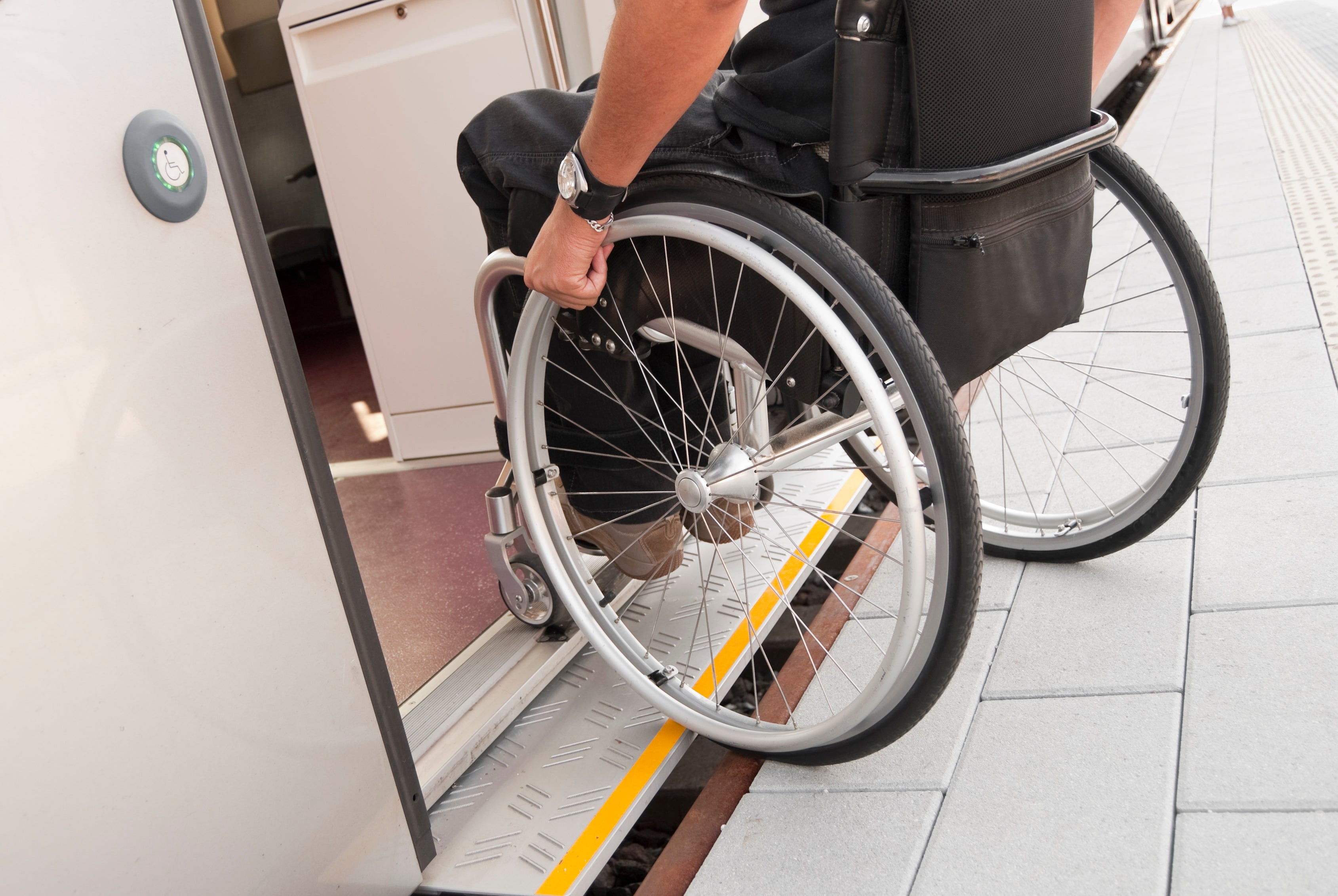ARTICLE AD BOX
A wheelchair user missed her train when staff refused to assist her with a ramp and called her “rude” after she complained.
Anna Landre, 26, had planned to travel to Cambridge from London Liverpool Street on Sunday, but was forced to cancel her plans when station staff were “too busy” to help her on the train.
She arrived at the station 15 minutes before her train was set to leave at 11am and went to the information desk to let them know which train she was getting and that she would need a ramp.
“Some stations are excellent, and you can arrive like any other non-disabled person five minutes before the train and they're happy, whereas others look at you and say, no, you're not here 30 minutes before, and won't even try,” the PhD student told the Independent.
It got to five minutes before her train was scheduled to leave, and she was told the staff were “really busy” and would not be able to help her.
Ms Landre remained hopeful that platform or onboard staff would be able to help. However, she was told they did not have any ramp keys and could not assist her.
When a member of staff from Liverpool Street Station eventually arrived to help her, it was too late and she missed the train.

Frustrated, but still hopeful she could get the next train in 30 minutes, Ms Landre went back to the desk to request assistance again.
Passengers with a disability can book assistance before they travel – like buying a ticket in advance, but this fails around a quarter of the time, Caroline Stickland, CEO of Transport for All explained.
An alternative is “Turn Up and Go”, which allows people to simply arrive at the station and ask for assistance.
“Turn Up and Go can be piecemeal. Only 11 per cent of stations are staffed all the time, which can make turning up and going quite challenging,” Ms Stickland added.
A few minutes after Ms Landre missed her train, a member of staff came over to ask if she had pre-booked assistance.
“I explained that I have the right to turn up and go, but he kept explaining that they were very busy and have to help people who are booked first,” Ms Landre said.
“I told him, I know my rights. I know the law. I don't need a lecture on it. He just kept going and I said it again. I'm just waiting for the next train, and he really didn't like that and said I was rude, and he would not help me.”
The member of staff went to his manager, who then told Ms Landre she understood she was rude to a member of staff and was frustrated.
Although Ms Landre agreed that she was frustrated for missing a train, she did not believe she was rude.
Minutes later another manager stepped in with two security guards and Ms Landre claims she was told they would not be providing assistance to her, leaving Ms Landre no option but to cancel her plans and go home.
A Network Rail spokesperson said: “We are really sorry that Ms Landre had this experience when using our station.
“Our director for the Anglia region, which includes responsibility for Liverpool Street station, spoke with Ms Landre this morning and personally apologised for her experience.
“Our aim is to provide a positive experience for each and every passenger and she should never have been denied assistance to board a train and we know we let her down.”
Network Rail will now be launching an investigation into what went wrong but for Ms Landre, the ordeal has left her feeling anxious to travel.
“I think for most wheelchair users traveling is very anxiety-inducing because the system fails us so frequently. Then we're painted as the irrational, anxious or unreasonable ones for reacting in a very rational way,” she said.
Ms Landre explained she avoids taking trains to work or university because the “Turn Up and Go” system is “unreliable”.
“It's such an overlying just burden and cloud over a life that is already challenging because of the additional logistics necessary to live in an inaccessible world,” she said.
Ms Stickland said: “We all want the freedom to travel when we need to, but disabled people are often blocked from that by inaccessible stations and information.
“We hear about horrific experiences like Anna's every single day, but they are not recorded anywhere official.
“Companies have targets around leaves on the line or how many minutes late trains are, but nobody's measuring how often disabled people are stranded - we are erased from the data.”









 English (US) ·
English (US) ·